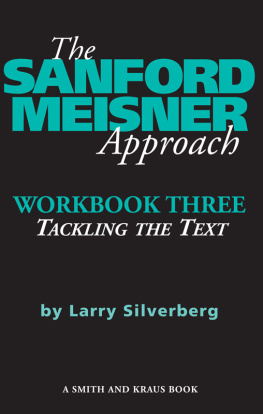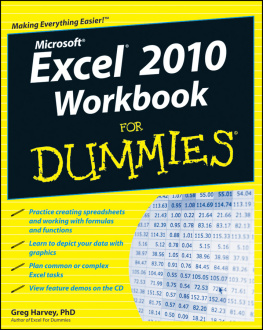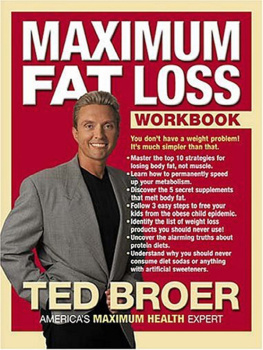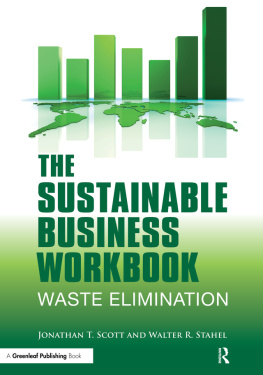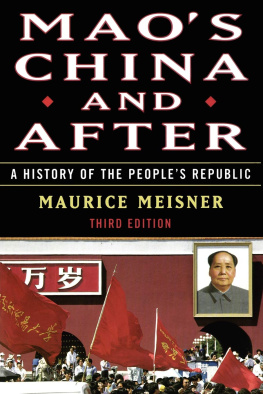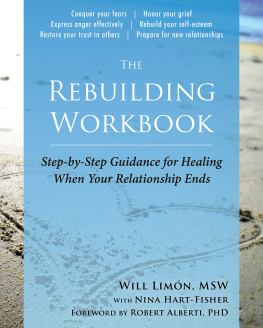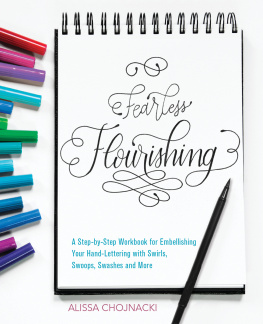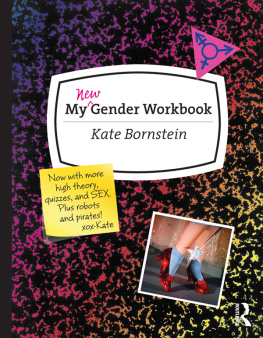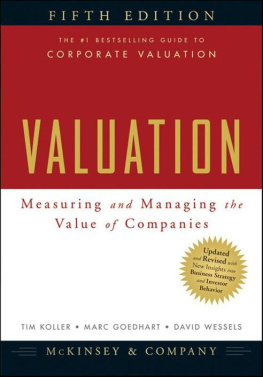The Sanford Meisner Approach
workbook Three
tackling the text
Smith and KrausBooks For Actors
CAREER DEVELOPMENT: Technique
The Camera Smart Actor
The Great Acting Teachers and Their Methods
A Shakespearean Actor Prepares
Anne Bogart: Viewpoints
The Actors Chekhov
Taken To The Stage: An Autobiography by Mimi Kennedy
Auditioning For Musical Theatre
The Sanford Meisner Approach: Workbook One
The Sanford Meisner Approach: Workbook Two, Emotional Freedom
The Sanford Meisner Approach: Workbook Three, Tackling the Text
Loving to Audition: The Audition Workbook for Actors
In Other Words: Women Directors Speak
CAREER DEVELOPMENT: Actors Guides
The Actors Guide to Qualified Coaches: New York
The Actors Guide to Qualified Coaches: LA
The Job Book: 100 Acting Jobs for Actors
The Job Book II: 100 Day Jobs for Actors
What to Give Your Agent for Christmas and 100 Other Tips for the Working Actor
Hot Tips for Cold Readings: Some Dos and Donts for Actors at Auditions
The Smith and Kraus Monologue Index
If you require prepublication information about upcoming Smith and Kraus books, you may receive our semiannual catalogue, free of charge, by sending your name and address to Smith and Kraus Catalogue, P.O. Box 127, Lyme, NH 03768. Or call us at (888) 282-2881.
The Sanford Meisner Approach
workbook Three
tackling the text
Larry Silverberg
Career Development Series
A SMITH AND KRAUS BOOK
Published by Smith and Kraus, Inc.
PO Box 127, Lyme, NH 03768
Copyright 1998 by Larry Silverberg
Manufactured in the United States of America
Cover and Text Design by Julia Hill Gignoux
First Edition: July
1998 9 8 7 6 5 4 3 2 1
CAUTION: Professionals and amateurs are hereby warned that the material in this book is fully protected under the copyright laws of the United States of America, and of all countries covered by the International Copyright Union (including the Dominion of Canada and the rest of the British Commonwealth), and of all countries covered by the Pan-American Copyright Convention and the Universal Copyright Convention, and of all countries with which the United States has reciprocal copyright relations. All rights, including professional, amateur, motion picture, recitation, lecturing, public reading, radio broadcasting, television, video or sound taping, all other forms of mechanical or electronic reproductions such as CD-ROM and CD-I, information storage and retrieval systems and photocopying, and the rights of translation into foreign languages, are strictly reserved. Particular emphasis is laid upon the question of public readings, permission for which must be secured from Smith and Kraus, Inc.
The Library of Congress Cataloging-In-Publication Data
Silverberg, Larry, 1959
The Sanford Meisner approach: workbook three: tackling the text / by Larry Silverberg.
p. cm. (A career development book)
ISBN 1-57525-130-2 ISBN-13 978-1-57525-130-1
1. DramaExplication. 2. Meisner, Sanford. I. Title.
PN1707.S46 1998
808.2dc21 98-23061
CIP
acknowledgments
Thank you God for the health and energy to keep working.
Thank you to my wife Jill and my two inspired children, Sarah and Aaron!
Thank you to the two teachers who lit my acting fire, Sandy Meisner and Suzanne Shepherd.
Thank you to all of my family in Florida who check in on me once a week to see if I am still sane.
Thank you to my dearest friend, Dick Kowal, whose enthusiasm for all of my accomplishments and whose ear for my struggles is so continually healing.
Thank you Marisa and Eric, my dear friends and publishers for their sense of humor and their faith in me.
Thank you to Julia whose gifted eye gives these books the looks!
Thanks to Horton Foote and William Mastrosimone for your beautiful plays and for permitting me to make you such an important part of this book.
Thanks to all my current students in my Meisner Actors Training Program 98 at my theatre here in Seattle (The Belltown Theatre Center) for your dedication and commitment to the work and for being so much fun!
Thank you to all the wonderful people who have so generously supported my theatre this last year including Sydney Pollack, Donna Ostroff, Teri Mathews, Terry Joyner, our anonymous donor who has made a whole year of programming possible, our board of directors, April Shawhan for coming to Seattle to direct American Buffalo and the countless volunteers who love our busy little artistic home.
Thank you to Renee Basinger in Atlanta for caring so much; your students are very lucky to have you.
And, thank you to all of my readers for your interest and your kind words about my books.
For My Son,
Aaron
preface
One of the biggest thrills and stimulants for me as an actor has been the opportunity to collaborate with playwrights. Amazingly, this process can occur whether the writer is alive or dead, present or absent. I have been fortunate enough to have brought my craft to the genius of playwrights from Shakespeare to Tennessee Williams from Henrik Ibsen to David Mamet from August Stringberg to Athol Fugard.
From the beginning of my career I have been in awe of playwrights who can mine their life experiences and then through whatever magical or alchemical process, refine that rough ore into a play. I learned early that such a transformation is not simply an intellectual process. Experience must be distilled and then subjected to the intense heat generated by the writers passion to fashion a world. A world which serves as a metaphor for his personal experience.
I have come to believe that if we as actors want to enter and participate and contribute to that world, we must dare to feed the fire of the authors vision with our most personal inner heat. If that requires courage, trust, even recklessness, so be it. In Tackling the Text, Larry Silverberg opens the door to such a process and invites us to step inside.
I recently had the good fortune to direct Larry Silverberg, Laurason Driscoll and Shayn Bjornholm in the Belltown Theatre Centers production of American Buffalo, written by a former Sanford Meisner student, David Mamet. As you probably know, the play is set in a junk shop, Dons Resale. The first day of rehearsal we sat around the usual bare table on the usual bare stage and did our first reading of the text. In my experience, the first reading can be a disastrous (at best, wasteful) exercise in showing-off our acting brilliance when it is our turn to speak and evaluating the other actors lack of same when they spoke. Or it can be the beginning of an exploration and understanding of our colleagues in relation to the text. We chose to explore. Day after day, we searched for ways to surrender to the immediacy of each others presence and to the incredible richness and density of Mr. Mamets verbalized journey. Our bare stage wasnt bare for long. Objects of all sizes and sometimes inscrutable purpose were brought like offerings by actors, stage management and technical staff. Then tables had to be found to display these treasures. And soon, the actors were creating a world for themselves with the swiftly accumulating stuff. One day Larry brought in a deck of cards and taught himself how to play solitaire with the fierceness and desperation of a gambler on a never ending losing streak. Laurason discovered an old broom and a handleless dustpan. In no time he was finding Dons satisfaction in maintaining some sense of order and control over the developing sense of place. I suppose it was inevitable that Larry, as Teach, trying to ingratiate himself with Donny, would snatch the dust pan and stoop to receive the dusty deposits of Donnys broom. Suddenly activities were not illustrations or gestures but actions. The actors were not merely coming from offstage to onstage, but were entering work. A refuge from the rain, the dark, the uncaring, the violent. A world that could evoke in a quick succession a sense of belonging, of isolation, of fantasy, or abject failure. We spent a lot of time working on emotional preparation. Through improvisation, through trial and error we worked to be ever more specific about the life of each character prior to the encounter of each scene. I found myself working more and more one-on-one with the actors. I would give them their notes and discuss their work problems privately. This is not my usual way of working, but I found it helped create surprises and spontaneity during rehearsals. It worked as a challenge, even a kind of game for the actors to recognize and accept the new things their partners would try out. A strong sense of play became an organic part of our work. To quote Sanford Meisner, Now, play, play! Its a play.
Next page
